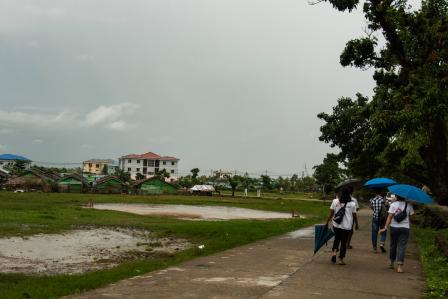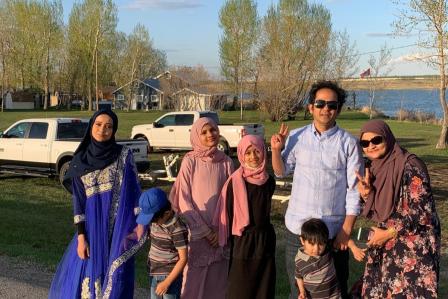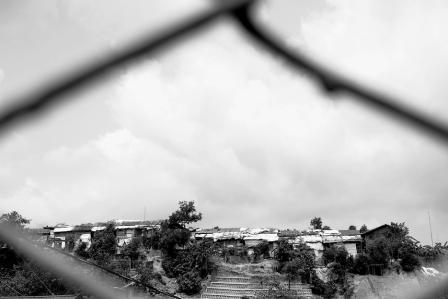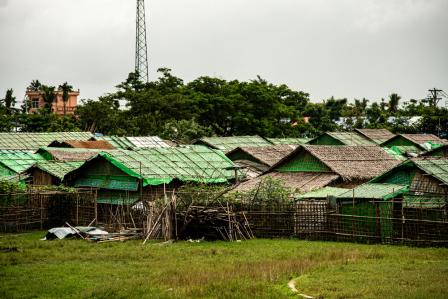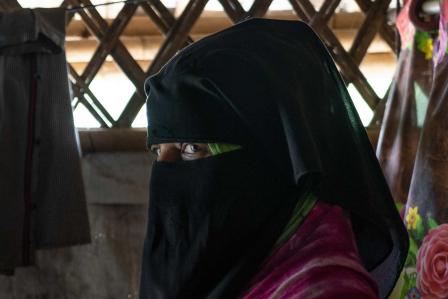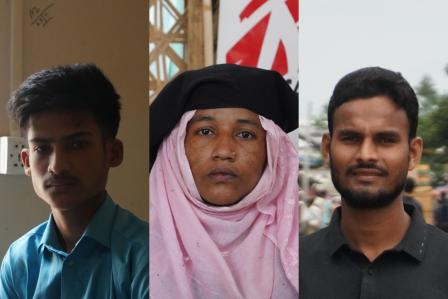Escalation on border area between Bangladesh and Myanmar
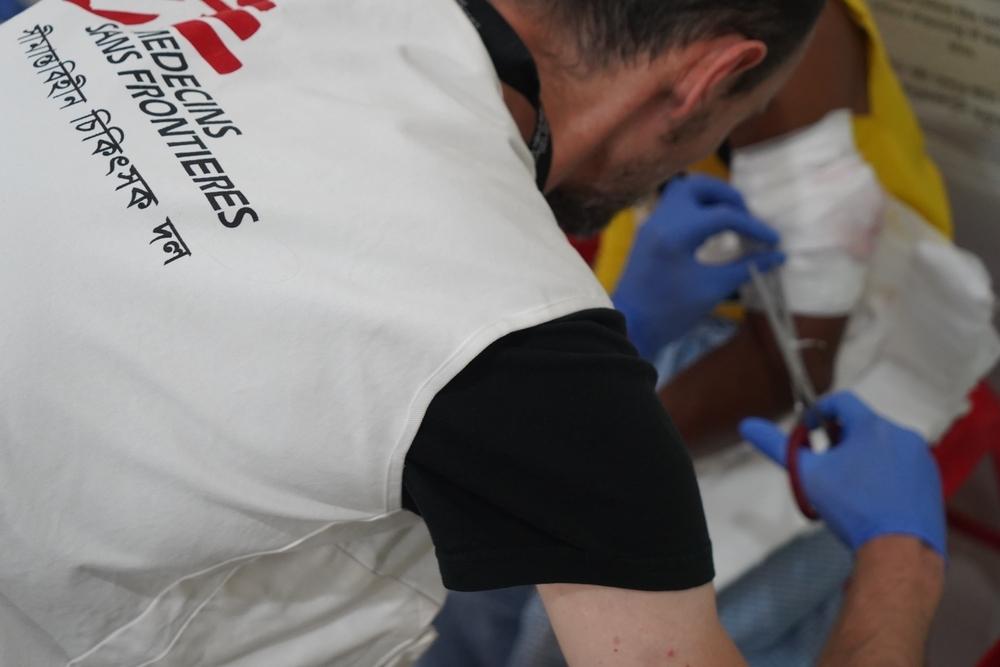
A Doctors Without Borders team in Kutupalong Hospital prepares to provide treatment to patients who were injured during renewed outbreaks of violence in the border areas between Myanmar and Bangladesh. Bangladesh, February 2024. © Jan Bohm/MSF
All the injuries from those 27 patients were related to renewed outbreaks of violence in the border areas between Myanmar and Bangladesh. The refugee camps in Cox’s Bazar, home to nearly one million people who are from the Rohingya ethnic group, lie close to the conflict zone and shooting can be heard in the distance.
The degradation of the security context on the border is concerning, as it might not only directly affect communities on the border, but also worsen the mental health of camp residents in Bangladesh who fled past violence and have faced increasing violence within the camps in recent years.
Doctors Without Borders remains committed to providing care to anyone who needs it, based on their medical needs. In recent days this has meant treating more people with violence-related injuries in addition to the usual medical issues we see linked to the living conditions and violence in the Rohingya refugee camps. Doctors Without Borders remains ready to scale up in case of further needs.
Across 10 facilities in Cox’s Bazar, our teams run a range of services to address some of the vast health needs of the Rohingya refugees living in camps, as well as a growing number of patients from the host community. Activities include general health care, treatment for chronic diseases, psychosocial support, and women’s healthcare.
Doctors Without Borders remains one of the main providers of medical humanitarian assistance to the stateless Rohingya, approximately one million of whom live in the largest refugee camp in the world, in Cox’s Bazar. Years after the initial emergency, people still live in the same overcrowded and basic bamboo shelters, almost entirely dependent on aid and with little hope for the future.


